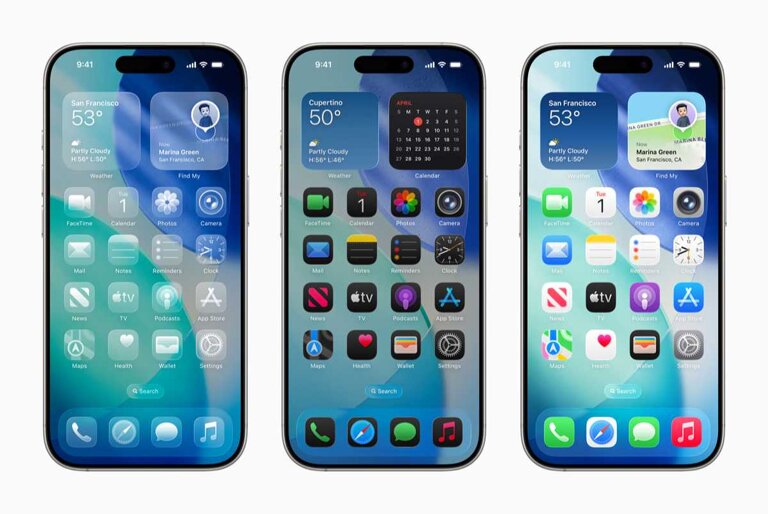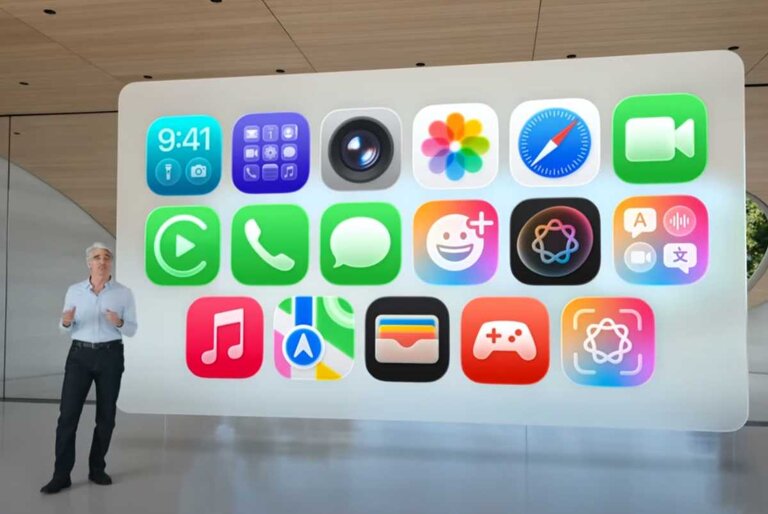Apple users in the European Union might soon be able to install apps from sources other than the App Store on their iPhones and iPads. This is because of a new regulation passed by the European Union that requires Apple to allow sideloading apps on its devices by 2024.
Sideloading apps means downloading and installing apps from websites, third-party app stores, or other sources that are not authorized by Apple. This gives users more freedom and choice in what apps they can use on their devices, but it also comes with its share of risks and challenges.
According to a report from MacRumors, the change might happen in the first half of 2024. Apple will release a “highly controlled system” that will allow EU users to sideload apps, likely through a localized update.
The EU’s regulation is part of its Digital Markets Act, which aims to promote fair and open competition in the digital sector. The EU believes that Apple’s current practice of restricting app distribution to the App Store is anti-competitive and harms consumers and developers.
According to the EU, Apple’s App Store rules create a “gatekeeper” role, which gives the company too much power and control over the app market. The EU claims that Apple can use its App Store policies to favor its apps and services, charge high commissions to developers, and limit the innovation and diversity of apps available to users.
The regulation’s objective is to create a more level playing field for app developers and a more diverse and competitive app ecosystem for users.
Apple, on their end, claims that sideloading will “undermine the privacy and security protections” of its users.
Sideloading apps can have both positive and negative impacts on users and developers. It adds more variety of apps, more user control and customization of devices, and more savings and discounts (Apple chargers developers 15 to 30% fees, which are often passed on to users). However, it does pose a lot of risks as well, including less security and privacy, less quality and reliability, and less simplicity and convenience for users.
Whether it will be a boon or a bane for the app industry and the app community remains to be seen.
Image Credit: Unsplash








